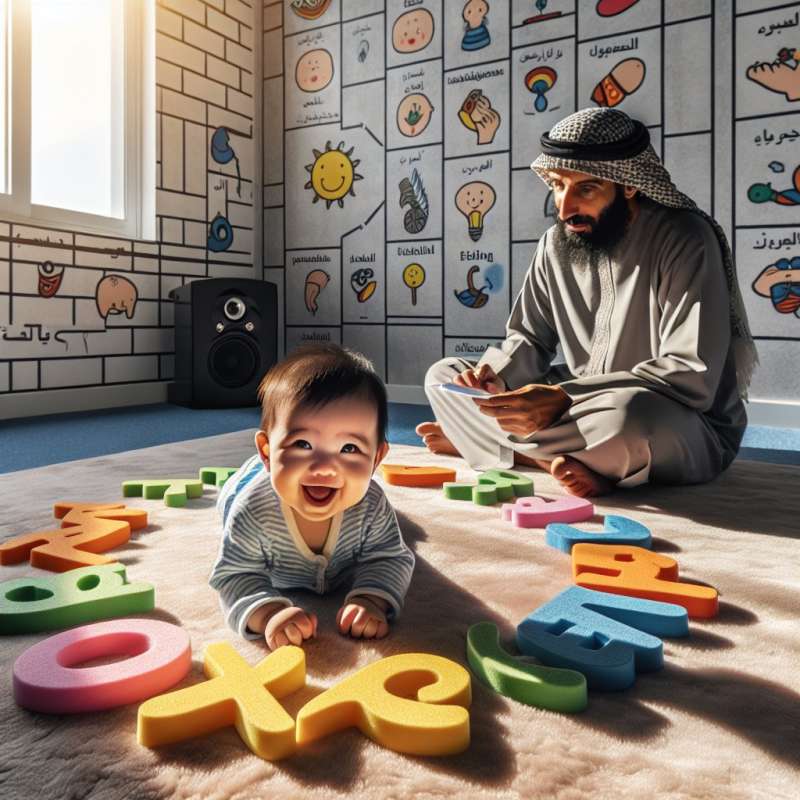
Critical Period Hypothesis
The Critical Period Hypothesis suggests there's an optimal window for language acquisition in children, typically ending before puberty. This period is when the brain's plasticity facilitates learning new languages more easily than in later years.
Brain Plasticity and Age
Children's brains exhibit higher plasticity compared to adults. This enables easier formation of neural connections needed for language learning. As we age, our brain's adaptability diminishes, making language acquisition a more strenuous cognitive task.
Phoneme Recognition Decline
Infants can distinguish between all phonemic sounds, but this ability declines with age. Adults often struggle to recognize and produce new phonetic sounds, which are not present in their native language.
Entrenched Linguistic Structures
Adults have solidified linguistic structures from their native language, leading to interference when learning new languages. This can result in accent retention and difficulty in grasping new grammar rules, unlike children who develop structures from scratch.
Learning Environment Differences
Children learn languages through immersive, natural interactions and play, facilitating organic learning. Adults usually learn in structured environments, which may not provide the same level of language immersion and contextual learning.
Adult Responsibilities Limit Time
Unlike children, adults often juggle responsibilities like work, family, and finances, which limits their time for language study. This time constraint can significantly slow down the language acquisition process.
Motivation and Self-Consciousness
Adult learners may have more self-consciousness and fear of making mistakes, which can inhibit language practice. On the other hand, children are typically more uninhibited, allowing for more spontaneous language use and faster learning.
When does the critical period typically end?
Before adulthood
After puberty
Before puberty
Company